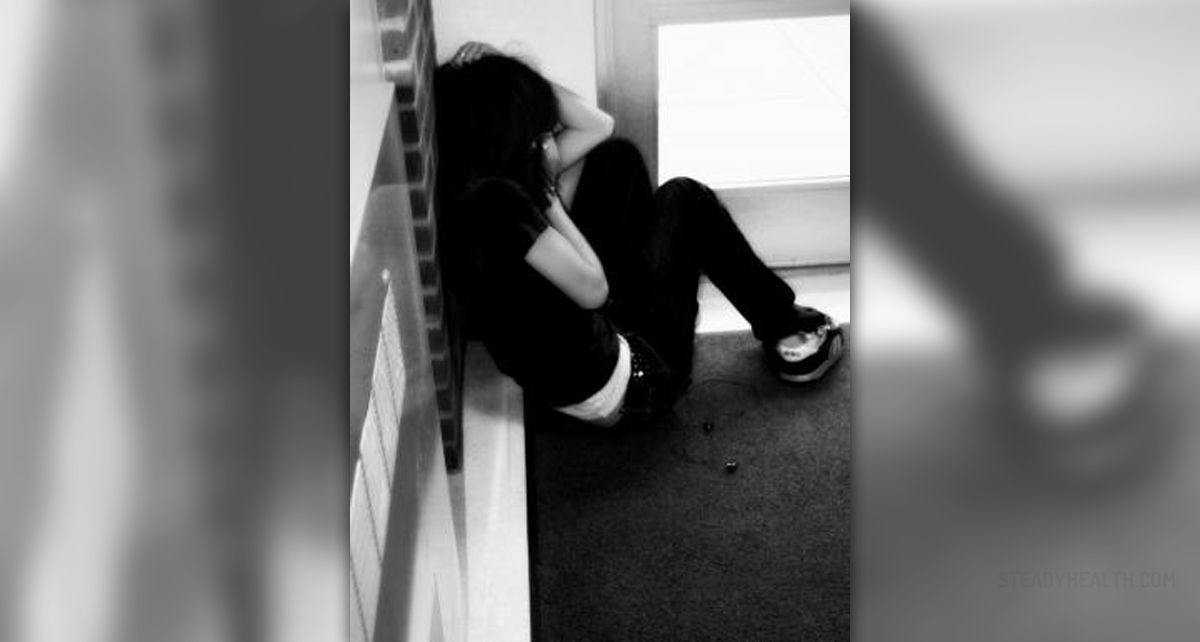
Psychotic depression is a major depressive disorder that includes symptoms and treatments different from those of non-psychotic major depressive disorder. Psychotic major depression is usually characterized by sudden episodes in which patients experience delusions, hallucinations or other kind of breaks with reality.
Psychotic episodes may last for a different amount of time, and in more severe cases they may be chronic. Psychotic depression is believed to be caused by abnormal functioning of the thyroid gland or disturbed levels of cortisol hormone. Cortisol is an essential steroid hormone produced by the adrenal glands and higher levels of hormone are produced during emotionally and physically stressful periods. It is estimated that approximately 25 percent of all depressed hospitalized people suffer from psychotic depression. It is important to understand that this condition may also be hereditary.
Symptoms of psychotic depression
As already mentioned, delusional experiences are one of the most prominent symptoms of psychotic disorder. Paranoid delusions and delusions of guild are especially common. Patients may often feel like they are being persecuted or that everybody around them is for some unknown reason paying special attention to them. Sometimes, patients feel like they are being punished for their past misdeeds, and the feeling of guilt is prevalent. Another common delusion is a feeling that something is wrong with patient’s health or body.
Besides delusions, hallucinations are the second major symptom of psychotic depression. Auditory hallucinations are the most common among the patients. Other symptoms include anxiety, insomnia, agitation, physical immobility, walking during the night, memory problems etc.
Patients with psychotic depression are usually aware that their fantasies are not founded in reality and they normally tend to hide their symptoms from the others. For this reason, it is very hard to diagnose psychotic depression.
Treatment for psychotic depression
Treatment for psychotic depression usually includes longer hospital stay. During the hospitalization, doctors are constantly monitoring patients. Treatments are quite effective and it is possible to achieve a full recovery with a year. Patients are usually given a combination of tricyclic antidepressants and antipsychotic medications to ease their symptoms. Sometimes, people with bipolar disorder are also treated with lithium. In rare cases doctors will decide to use electroconvulsive therapy.
There issome evidence that “emergency contraceptive” or “abortion pill”, known as RU-486, also drastically relieves psychotic symptoms. Emotional treatment is also required, especially counseling sessions. However, it is imperative that there be consistent follow-up treatment, even after the complete recovery, for an ensured healthy mental state.


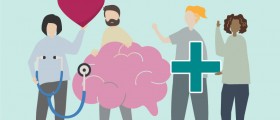




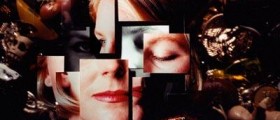

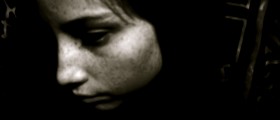

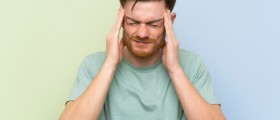


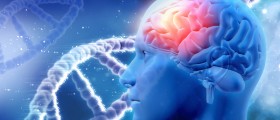
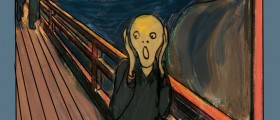
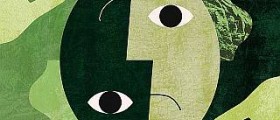
Your thoughts on this
Loading...